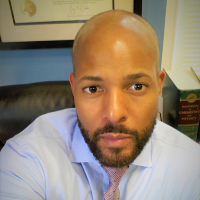Atlanta Juvenile Law Lawyer, Georgia
Sponsored Law Firm
-
 x
x

Click For More Info:
-
Wiseman Blackburn, LLC
1510 Drayton St Savannah, GA 31401» view mapCriminal Defense Dedicated To You
Wiseman Blackburn serves Atlanta, GA with Criminal and Divorce and Family matters.
800-622-5610
Cory Yager
Criminal, DUI-DWI, Misdemeanor, Felony, Juvenile Law
Cory Yager is a lawyer in Atlanta who focuses on Juvenile Crimes cases. He has tried cases involving expungement, traffic violations, solicitation, DU... (more)
Quinn Johnson
✓ VERIFIEDCriminal, Felony, Misdemeanor, Traffic, Juvenile Law
Quinn Johnson is the principle of The QUINN JOHNSON LAW FIRM, P.C. Our firm has earned a reputation of getting results on behalf of our clients thr... (more)
David Roy Tannen
Immigration, Estate, Family Law, Juvenile Law
Status: In Good Standing Licensed: 37 Years
Jennifer Nicole Brannon
Family Law, Divorce, Juvenile Law, Personal Injury
Status: In Good Standing Licensed: 8 Years
 Jonathan Hunt Savannah, GA
Jonathan Hunt Savannah, GA



